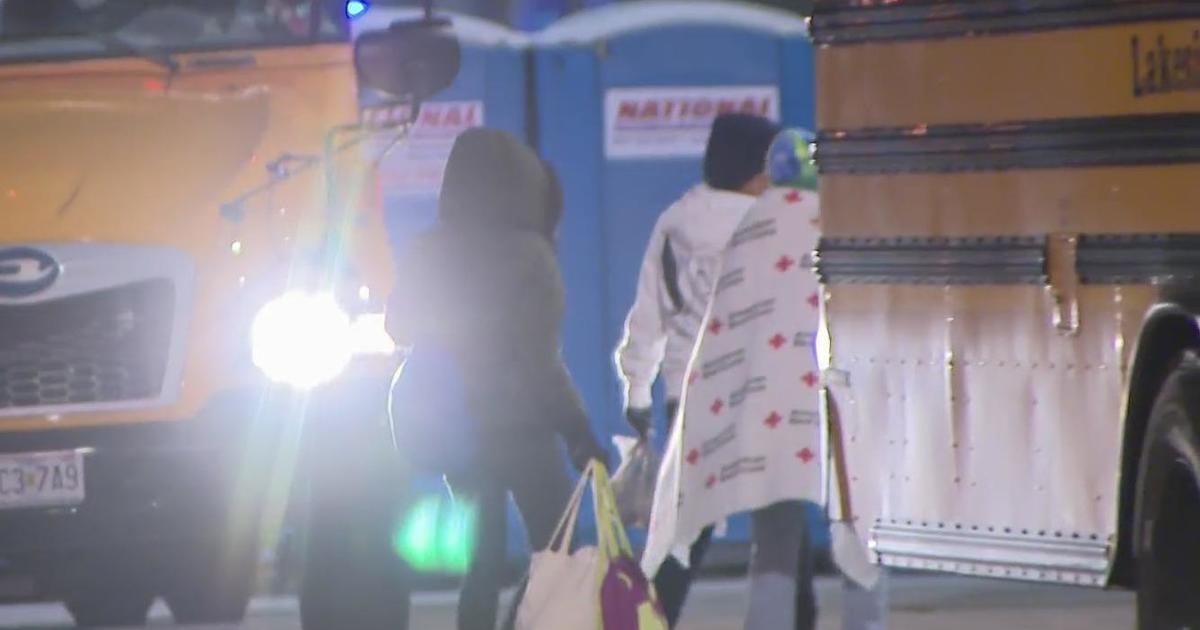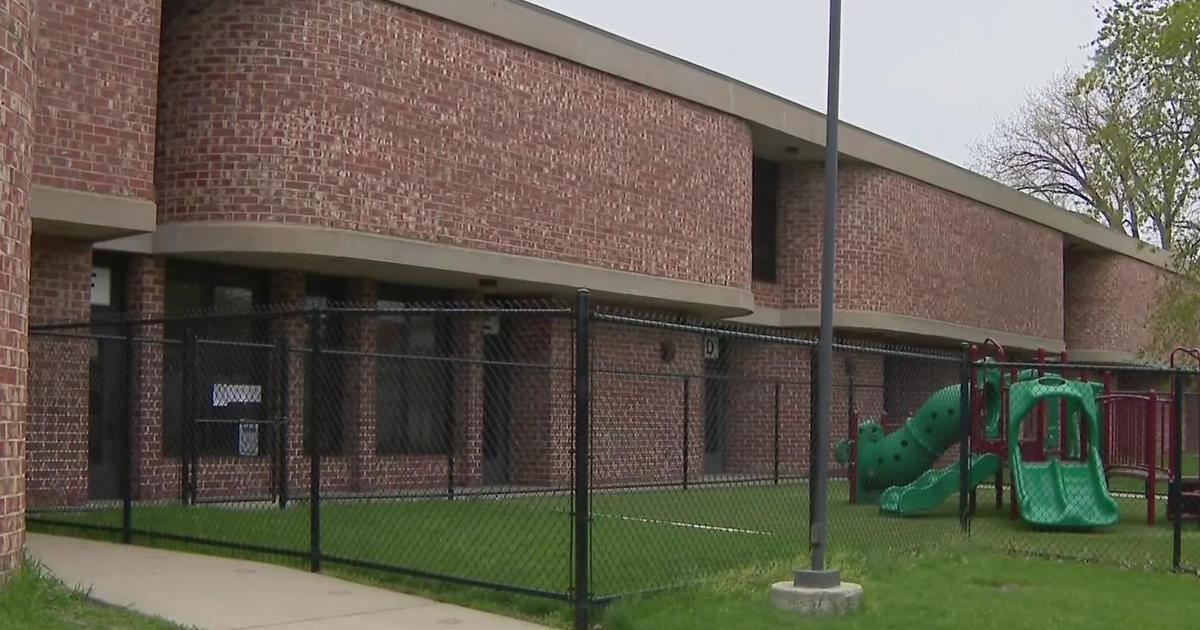Lawmakers Get Details Of Pension Reform Plan; Could Vote Tuesday
CHICAGO (AP) -- Illinois' legislative leaders briefed other lawmakers Friday on details of a breakthrough agreement for solving the state's $100 billion pension crisis, leaving them four days to study the plan before facing a vote that could be crucial for the state's financial condition and their own re-election plans.
A memo detailing the proposal announced by leaders Wednesday was sent to the four caucuses Friday and obtained by the Associated Press. It says the plan, which saves $160 billion over 30 years, would allow the state's pension systems to be fully funded by 2044.
To do that, the retirement age for workers age 45 and under would be increased on a sliding scale, and automatic, annually compounded 3 percent cost-of-living increases — considered to be the biggest driver of the state's pension costs — would be replaced. The new system would result in smaller annual adjustments for the highest earners.
Language to prevent "pension abuses" is also part of the plan, as the legislation would prevent nongovernment employees from participating in the system and keep new hires from banking sick or vacation time to boost pensions. And some workers would have the option of freezing their pension and starting a 401(k)-style defined contribution plan.
Legislative leaders have spent recent days drumming up support for the plan through conference calls and meetings with individual members. Senate President John Cullerton's spokesman, Ron Holmes, said the Chicago Democrat is making "individual pitches" to "get people on board with the plan."
"He feels it's a productive way in case members have specific questions," Holmes said.
Still, some members say a few days won't be enough time to digest such a detailed proposal. State Sen. Michael Noland, a Democrat from Elgin, said he was hoping for feedback from union members and residents in his moderate, suburban district.
"I'm not sure I'll be able to gather that in the two or three days that we're given," Noland said.
Republican state Rep. David McSweeney, of Barrington Hills, said he submitted more than 40 questions to House GOP staff about the bill.
"I want to support real pension reform, but I need to get all my questions answered," McSweeney said.
Lawmakers are set to return to Springfield on Tuesday. Members of a bipartisan conference committee on pensions will meet that morning and are expected sign a report agreeing to terms of the deal, both chambers could bring legislation up for a vote the same day.
House Speaker Michael Madigan's spokesman, Steve Brown, said the legislation could be considered in both chambers simultaneously.
The state's $100 billion unfunded liability comes from years of lawmakers shorting or skipping payments to the state's pension funds, and has diverted key funds away from schools and social service agencies. Lawmakers have, and continue to, campaign on platforms to fix the problem but have spent years disagreeing on how to do so.
Public-employee unions are lobbying against this latest measure, saying they were left out of negotiations and that the cuts are unfair to workers who contributed their share to the retirement funds for years, while the state did not. They also say the plan violates a provision of the state Constitution that says pension benefits may not be reduced.
The plan also is drawing criticism from conservative groups such as the Illinois Policy Institute, which says it doesn't go far enough and hasn't been properly vetted.
"No legislation has been released. No financial analyses have been released," CEO John Tillman said. "But of the details that have been shared, it is clear this 'deal' will not solve Illinois' $100 billion pension crisis. In fact, it will make it worse."
Some conservatives also say they're concerned about a funding guarantee included in the bill that allows retirement systems to sue the state if lawmakers don't make the state's full contribution to the pension funds each year. They say that will mean money would be taken away from schools, roads and public safety to pay pension benefits. But supporters of the funding guarantee say it will help ensure the state doesn't end up in the same trouble it's in now.
The plan also would require the state to put 10 percent of the money saved annually through benefit cuts back into the pension funds beginning in 2016. It also will redirect the money the state currently uses for pension bond payments into the retirement funds once those bonds are paid off in 2019.
Retirees would continue to receive the current 3 percent annual compounded cost-of-living increases, but they would only get that rate up to a certain amount of annuity payments, based on years of employment.
Gov. Pat Quinn has commended leaders on the agreement but noted that the work is not finished. His spokeswoman, Brooke Anderson, told the AP the governor has spent recent days calling members to support the package and will continue to do so over the weekend.
(TM and © Copyright 2013 The Associated Press. All Rights Reserved. This material may not be published, broadcast, rewritten or redistributed.)



